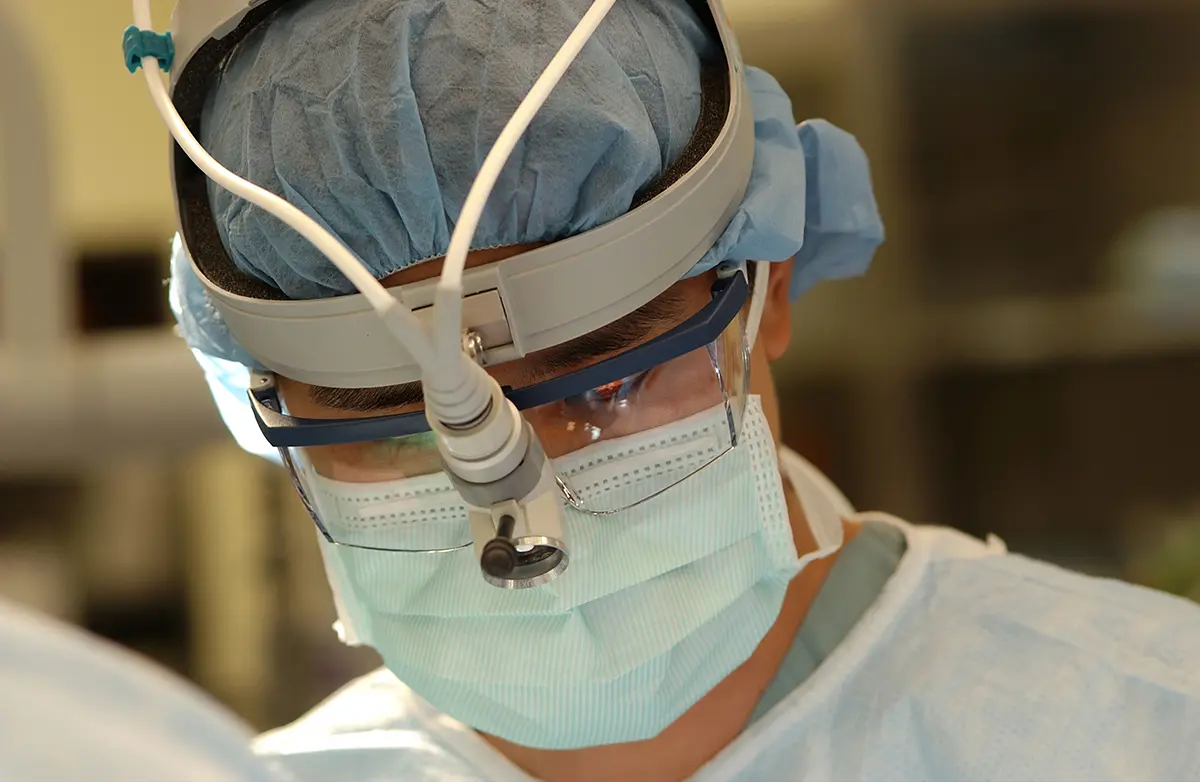This post takes a look at the types of biopsies and what to expect at your biopsy.
Concerning symptoms or lab results may result in a biopsy recommendation by your physician. A biopsy can help get to the root cause of your concerns and assist in a definitive diagnosis.
What is a Biopsy?
A biopsy is a procedure that removes a sample of tissue or cells from your body. This sample is assessed in a laboratory, where differentiation can be made between normal and abnormal cells. Biopsy is the only tool that can accurately diagnose some illnesses, including most cancers.
Why is a Biopsy Done?
Biopsies are typically performed when cancer is suspected. Biopsies can also be useful in identifying blood cell conditions and inflammatory diseases, including anemia and Crohn’s disease. Once a diagnosis is made, your doctor can help you determine the best treatment for your condition.
Biopsies may also be utilized in the removal of a suspicious lump, nodule, or polyp.
Biopsies are often recommended when:
- A lump or mass is seen via mammography.
- A mole on the skin has changed shape, size, or texture recently.
- A person suffers from chronic hepatitis and cirrhosis of the liver needs to be ruled out.
- Normal tissue needs to be tested for rejection of a transplanted organ.
Most of the time a biopsy is recommended, it is to diagnose as well as determine the best therapy or course of action.
What are the Different Types of Biopsies?
There are many types of biopsies. Most involve the use of a sharp tool to remove a bit of tissue. If the biopsy is performed on the skin or another sensitive area of the body, numbing medicine is applied prior to the procedure. A needle is used to access the tissue in question in most cases.
Common Types of Biopsies
- Aspiration Biopsy: A needle is used to withdraw material from a mass. Also known as a fine-needle aspiration.
- Bone Biopsy: Used when looking for cancer of the bones. CT scan may be used. alongside, and/or an orthopedic surgeon may perform the procedure.
- Bone Marrow Biopsy: Bone marrow is collected via a large needle inserted into the pelvis bone in order to detect blood diseases, including leukemia and lymphoma.
- CT or Ultrasound Guided Biopsy: A CT scanner or ultrasound machine is used to assist physicians in precise positioning of the needle in the targeted tissue.
- Endoscopy with Biopsy: A biopsy of the small intestine is taken (by a gastroenterologist) to help diagnose intestinal or digestive concerns, including Celiac disease.
- Gynecological Biopsy: Includes biopsy of any gynecological related tissues (breast, endometrium, uterus, etc.) in order to make a diagnosis or gain understanding of presenting symptoms.
- Kidney Biopsy: A needle is inserted into the kidney, via the skin on the back.
- Liver Biopsy: A needle is inserted into the liver, via the skin on the belly.
- Prostate Biopsy: In order to access the prostate, a probe is inserted into the rectum. Multiple needle biopsies are taken simultaneously from the prostate gland.
- Skin Biopsy: Typically performed via a “punch biopsy,” a skin biopsy uses a circular blade to take a cylindrical sample of skin tissue.
- Surgical Biopsy: If tissue is hard to reach, open or laparoscopic surgery may be needed. A sample of tissue may be removed, or the entire mass may be removed.
What to Expect After a Biopsy?
Following your biopsy, the sample will be sent to a lab to be analyzed. This is done through chemical treatment or by freezing and slicing the sample into thin sections. These sections are stained and examined under a microscope.
Your biopsy will determine whether the observed cells indicate cancer or another illness. Should the cells be cancerous, biopsy results help identify the type of cancer and what stage it is on a scale of one to four. This stage is determined by how cancer cells look under a microscope.
When Can I Expect My Biopsy Results?
Your biopsy results should be back in a few days, though some results do require a week or more. Your health care provider will use your results to help develop a treatment plan for your particular case.










